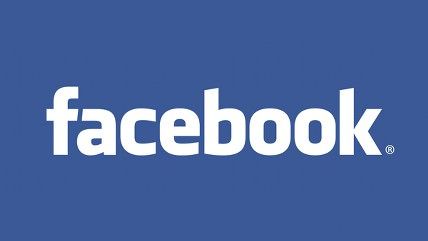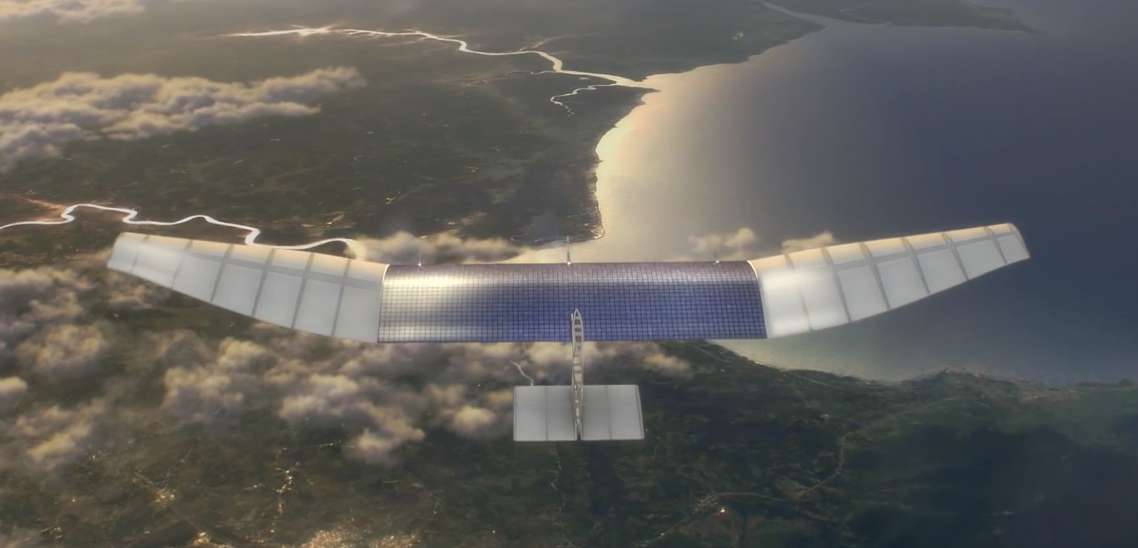Facebook Plans To Use Drones To Get the Unconnected Online


Facebook CEO Mark Zuckerberg has announced that the social media giant intends to connect the two-thirds of the world currently offline to the Internet by using solar powered drones, satellites, and lasers. In the announcement, published on his Facebook wall, Zuckerberg said that Facebook would be working with Internet.org to launch the drones:
Today, we're sharing some details of the work Facebook's Connectivity Lab is doing to build drones, satellites and lasers to deliver the internet to everyone.
Our goal with Internet.org is to make affordable access to basic internet services available to every person in the world.
We've made good progress so far. Over the past year, our work in the Philippines and Paraguay alone has doubled the number of people using mobile data with the operators we've partnered with, helping 3 million new people access the internet.
We're going to continue building these partnerships, but connecting the whole world will require inventing new technology too. That's what our Connectivity Lab focuses on, and there's a lot more exciting work to do here.
In the promotional video from Internet.org (below), Facebook's Yael Maguire outlines how solar powered drones, satellites, and lasers could be used to bring the Internet to more of the world's population.
Google has a similar project, "Project Loon," which aims to get more people online by using 20-kilometer high balloons. Thirty of these balloons were launched in New Zealand last summer. In the video for Facebook's project, Maguire explains that the solar powered drones Facebook is working on would also be operating roughly 20 kilometers above the Earth's surface. Watch the video from Project Loon below:
Predictably, governments could hamper Facebook's and Google's attempts to get more people online, as Mark Little, an analyst at the consultancy firm Ovum, told the BBC:
"It is going to have a lot of political hoops to jump through. Some governments won't put up with having that fleet over their airspace."
Mr Little thinks that for both Facebook and Google, the technology in their projects may prove to be "the easy bit" and that the real challenge will lie in persuading governments around the world that its alternative networks are viable.
"Mobile operators are always under threat from alternative ways of delivering net services. This becomes a concern for governments when a nation's communications rest on an outside provider," he said.
More from Reason on drones here.
Editor's Note: As of February 29, 2024, commenting privileges on reason.com posts are limited to Reason Plus subscribers. Past commenters are grandfathered in for a temporary period. Subscribe here to preserve your ability to comment. Your Reason Plus subscription also gives you an ad-free version of reason.com, along with full access to the digital edition and archives of Reason magazine. We request that comments be civil and on-topic. We do not moderate or assume any responsibility for comments, which are owned by the readers who post them. Comments do not represent the views of reason.com or Reason Foundation. We reserve the right to delete any comment and ban commenters for any reason at any time. Comments may only be edited within 5 minutes of posting. Report abuses.
Please to post comments


I see. So does this mean disposition matrix drones will be doing double duty? Is this one of those public-private partnerships?
Google has a similar project, "Project Loon," which aims to get more people online by using 20-kilometer high balloons.
Of course. How else will they relay orders to their robot army when it is unleashed upon the unsuspecting masses?
It may well work for them, but considering all the completely worthless things they've done to their user base wrt to privacy, I'd personally rather use the NSA directly as an ISP.
Maybe hyperbole, but there's ~.00000011% I will ever sign up to any connection that is controlled, owned, sold, or given away for free by FB or any company close to it.
& based upon their history, there is no TOS they could every present that would make me rethink that.
Of course they (correctly) care little about me - they have 900 million other users, but contemplate in the last few years Facebook has purposefully pushed changes to basically destroy their users' privacy and they did so on multiple occasions.
Then contrast it to Target's recent issues & it honestly boggles the mind how so many users are unwilling to leave a website that routinely treats them as if they're nothing more than poker chips to be used at FB's whim.
Each to their own I suppose - but why society as a whole is willing to give up their privacy for things like.. coupons and likes is beyond me. Or maybe it's not willingly - maybe this is a reflection on peoples' ignorance of FB.
It honestly matters little which it is - the consequence is obvious - a continued FB, a company who will break their users' trust and privacy the millisecond they believe doing so will make them a few more bucks.